Stepping into the world of higher education can be as thrilling as it’s challenging. The newfound freedom and independence come with the responsibility of managing one’s study habits. But how does one navigate this daunting task of studying effectively in college?
This article aims to shed light on how to study in college. From mastering time management to honing critical thinking skills, you’ll discover the secrets to academic success in college. So, whether you’re a freshman finding your footing or a senior aiming for that summa cum laude, read on for tips that could make all the difference.
How to Study in College
The Role of Efficient Studying in Academic Success
Efficient studying boosts academic success in college by improving knowledge retention. Students who study effectively, for instance, rehearsing lecture notes or actively participating in group studies, demonstrate better academic performance. It’s empirical that better grades follow methods like revising lecture notes frequently, leading to a robust understanding of course material.
The Impact of Study Habits on Personal Development

Effective study habits shape a student’s personality in transformative ways. They foster indispensable skills such as critical thinking and problem-solving, which are vital beyond the academic sphere. For example, rigorously adhering to a study schedule cultivates discipline, while challenging assignments encourage the development of resilience, pushing students towards personal growth and self-improvement. Remember, strong study habits in college yield not only higher grades but also a well-rounded individual.
Getting to Know Your Preferred Learning Style
An essential step in academic success, understanding one’s preferred learning style, aids significantly in efficient knowledge acquisition. It enables students to tailor their study approaches based on their strengths.
The Concept of Different Learning Styles
Learning styles classify students based on their preferred methods of processing information. Broadly, individuals may favor visual, auditory, reading/writing, kinetic, or a combination of these styles. For example, visual learners remember images better, while kinetic learners absorb information more efficiently when they physically engage with the learning material.
Identifying Your Learning Style and Using it to Your Advantage

Comprehending one’s learning style isn’t an end but a beginning. Students must identify their preferred learning style using assessment tools like the VARK model. Post-identification, they can enhance their study habits. As an instance, if a student identifies as a visual learner, strategies such as using charts, diagrams, and color coding can be incorporated into the individual’s study routine. Similarly, auditory learners could choose to listen to podcasts or recorded lectures.
Creating Your Ideal Study Space
Moving forward, creating a conducive study space remains critical in how to study in college. Here, consideration for various variables promises impactful outcomes.
Factors that Influence the Quality of Your Study Space
Consider variables like location, illumination, noise level, and room arrangement. For instance, select a quiet, well-lit spot away from distractions. Moreover, ensure the seating arrangement promotes proper posture, minimizing fatigue during long study sessions.
Tips for Setting Up an Effective Study Area
Commence with decluttering, paving space for essential study materials. Employ mediums like sticky notes for reminders or whiteboards for diagrams, especially for visual learners. Most importantly, carve up robust organization systems to keep critical documents and resources within reach, reducing needless search time.
Stepping Into the World of Higher Education

The journey through college is an exciting one that’s filled with challenges and opportunities for growth. Through the adoption of effective study habits, students can navigate this journey with greater ease and success. Time management, critical thinking, understanding one’s learning style, and creating a conducive study environment are all crucial elements of effective studying. They don’t just drive academic success but also foster personal development, shaping well-rounded individuals ready to face the world beyond college. So whether you’re a freshman just starting out or a senior gearing up for graduation, remember that effective study habits aren’t just about getting good grades.

